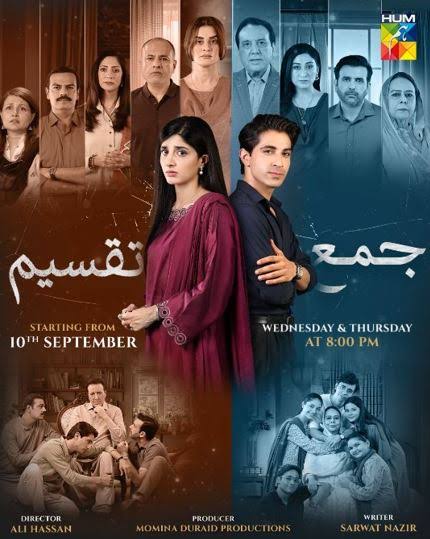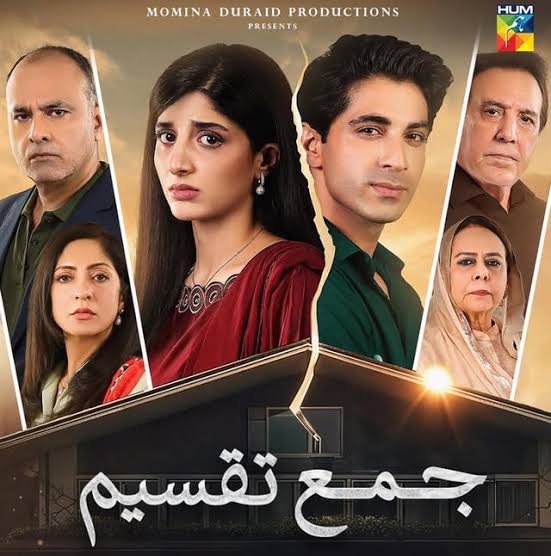![]()
The drama Jama Taqseem has quickly captured attention for its bold take on one of the most sensitive yet common issues in our society: inheritance disputes. What begins as a legal process of dividing assets transforms into an emotional battlefield, exposing cracks in family ties that were once thought unbreakable.
What Is Jama Taqseem About?
The narrative revolves around siblings entangled in dilemmas of property, fairness, and loyalty. Instead of wealth serving as a blessing, it becomes the very curse that tears them apart. Jama Taqseem skillfully portrays how greed, pride, and mistrust can corrode relationships, leaving not only material losses but emotional wounds that linger for generations.
What sets the drama apart is its refusal to paint villains and heroes in stark contrast. Each character has a perspective that feels justified, and as a viewer, you find yourself caught between empathy and disapproval. This complexity makes the drama more than just a story—it feels like a reflection of situations many households have witnessed or feared.
Is it worth watching?
Opinionatedly speaking, Jama Taqseem holds a mirror up to our culture’s obsession with material inheritance. It raises uncomfortable questions: why do we value land and money over the very people we claim to love? And how often do we sacrifice lifelong relationships for temporary gains? These questions are what make the drama deeply unsettling yet necessary.
In the end, Jama Taqseem is not just about property division—it is about the division of trust, love, and unity. Its gripping performances and thought-provoking theme remind us that the true wealth of a family lies not in possessions, but in the ability to stay together when tested.








